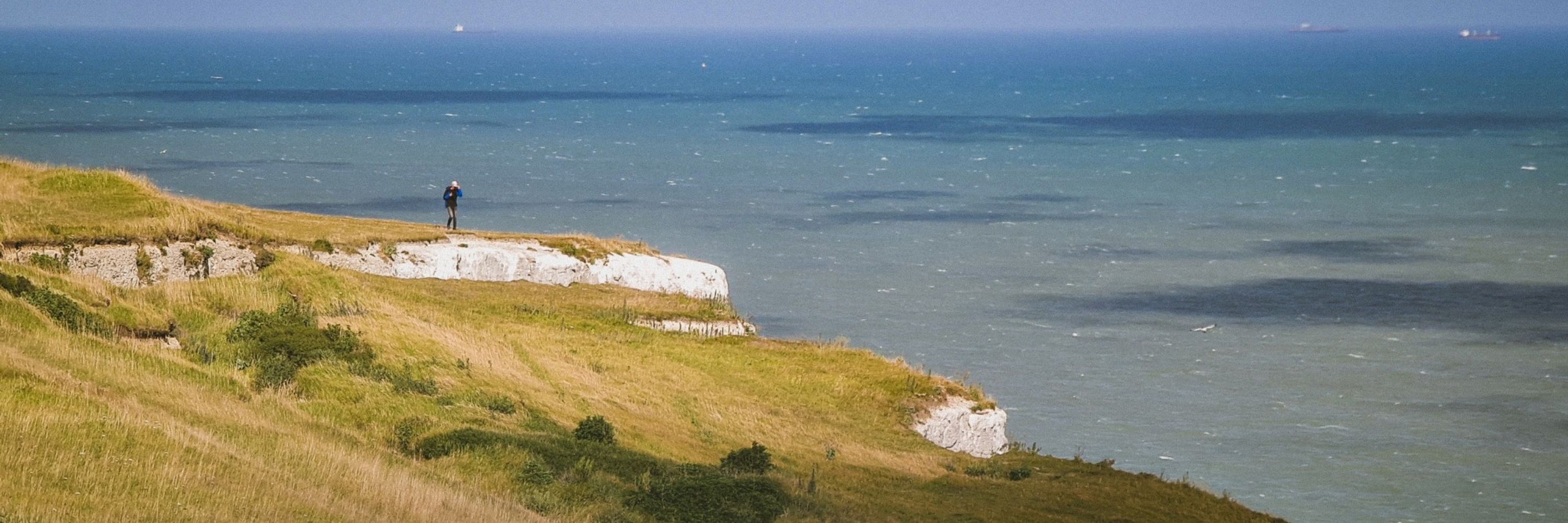


Feedback richness: Do people see only the outcome of their choice, or also what would have happened if they chose differently?
Valence: Are they dealing with gains or with losses?
Here are the two main results:

Feedback richness: Do people see only the outcome of their choice, or also what would have happened if they chose differently?
Valence: Are they dealing with gains or with losses?
Here are the two main results:
Risky decisions are everywhere: investing, health choices, and everyday trade-offs.
But people don’t always choose the “better” option, and their behavior changes depending on whether they are hoping to win or trying to avoid losing.
Risky decisions are everywhere: investing, health choices, and everyday trade-offs.
But people don’t always choose the “better” option, and their behavior changes depending on whether they are hoping to win or trying to avoid losing.

